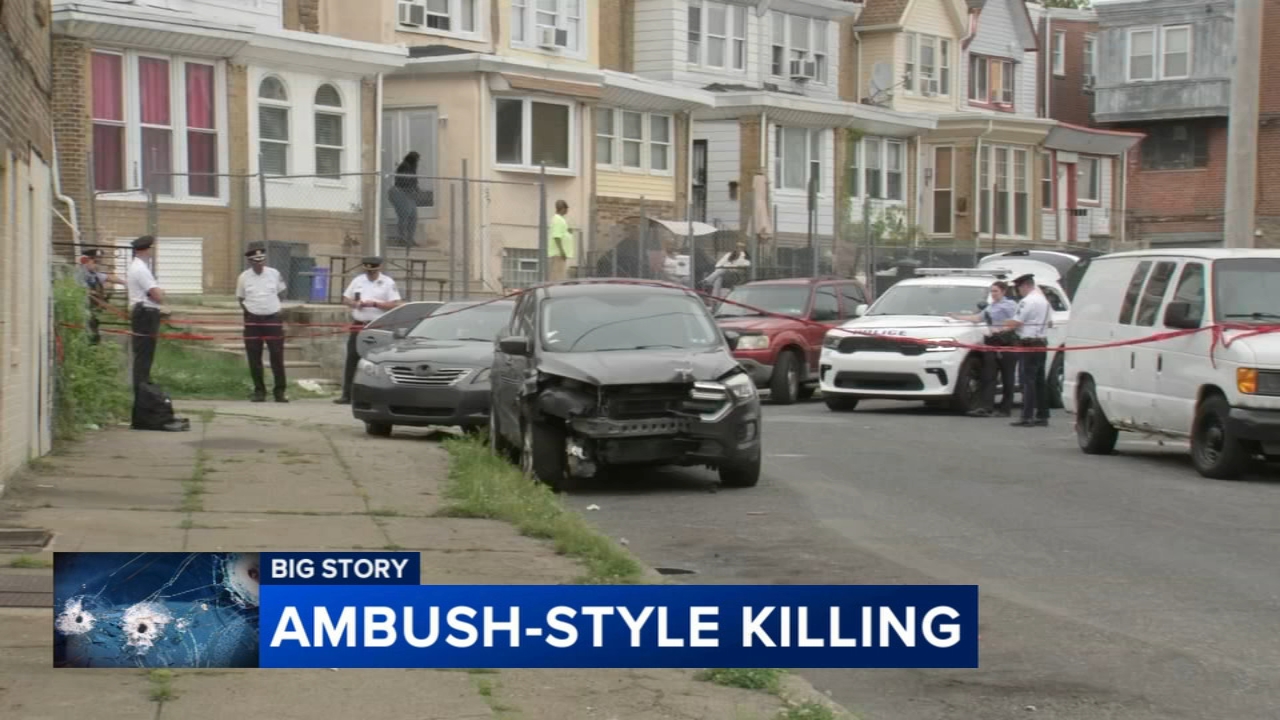Idaho murders: Judge sides with prosecution in key rulings as trial nears
MOSCOW, Idaho -- The judge overseeing the University of Idaho murders case has made several key rulings on what can be admitted at suspect Bryan Kohberger's upcoming capital murder trial.
Defense attorneys have stressed that Kohberger has autism spectrum disorder, or ASD; they pointed to his "flat affect" and "piercing stare," and said his inability to react to pictures that might be shown during trial will look like "lack of remorse."
Judge Steven Hippler has now ruled that evidence of Kohberger's ASD to explain his demeanor is only relevant and allowed at trial if he himself testifies.
However, Hippler said, defense experts could speak to those certain ASD or obsessive-compulsive behaviors for rebuttal arguments. For example, it could be used in connection to Kohberger's alibi: his lawyers claim he was prone to solo nighttime drives and was doing so on the night of the murders. Defense experts could weigh in on his OCD causing sleep difficulties that led to that penchant for night drives to decompress.
Kohberger is accused of fatally stabbing Ethan Chapin, Kaylee Goncalves, Madison Mogen and Xana Kernodle at the girls' off-campus house in Moscow in the early hours of Nov. 13, 2022. Chapin, Kernodle's boyfriend, was sleeping over at the time.
Kohberger, a criminology Ph.D. student at nearby Washington State University at the time of the murders, was arrested in December 2022. He's charged with four counts of first-degree murder and one count of burglary, and a not guilty plea was entered on his behalf.
His high-profile trial is set to begin in August.
Another point of contention between the prosecution and defense was the account of one of the two surviving roommates, who said in the middle of the night she saw a man with "bushy eyebrows" walking past her in the house, according to court documents.
Hippler ruled that the roommate can use the phrase "bushy eyebrows" to describe the masked intruder she said she saw in her home.
The defense had been trying to keep that phrase out of the trial, saying the roommate's description was unreliable and the description of that distinct characteristic would bias the jury.
Hippler did not agree and is siding with prosecutors, saying that roommate is the only surviving "eyewitness to the intruder responsible for the homicides" and her "account of what she saw and the physical characteristics of the intruder" are not only "highly relevant," but also "remarkably consistent."
Lawyers for Kohberger can cross-examine her about her possible memory or credibility issues, the judge said, but she is still entitled to outline -- and the jury is entitled to hear -- what she said she personally witnessed.
The judge also ruled in favor of the prosecution when he said the state will be able to refer to cars shown on various surveillance videos on the night as the same vehicle, and as a match to the suspect's Hyundai Elantra.
Kohberger's lawyers had argued those conclusions were too "speculative." The judge disagreed, saying investigators drew on their training, experience and expertise and the jury can weigh both sides of the issue with what is presented in court.
In a ruling earlier this month, Hippler agreed to the defense's request to ban the words "psychopath" and "sociopath" from the trial.
The defense asked that the phrases "touch DNA" and "contact DNA" be excluded, arguing that it is misleading and can be misunderstood by a jury.
Hippler said he was not inclined to "police phraseology" and noted the concern that if a "banned word" is accidentally used in the courtroom, it could result in a mistrial. Hippler encouraged counsel to avoid the terms but said he will not "police experts in the field" and encouraged legal teams to not "underestimate the reasonableness and intelligence of jurors."











